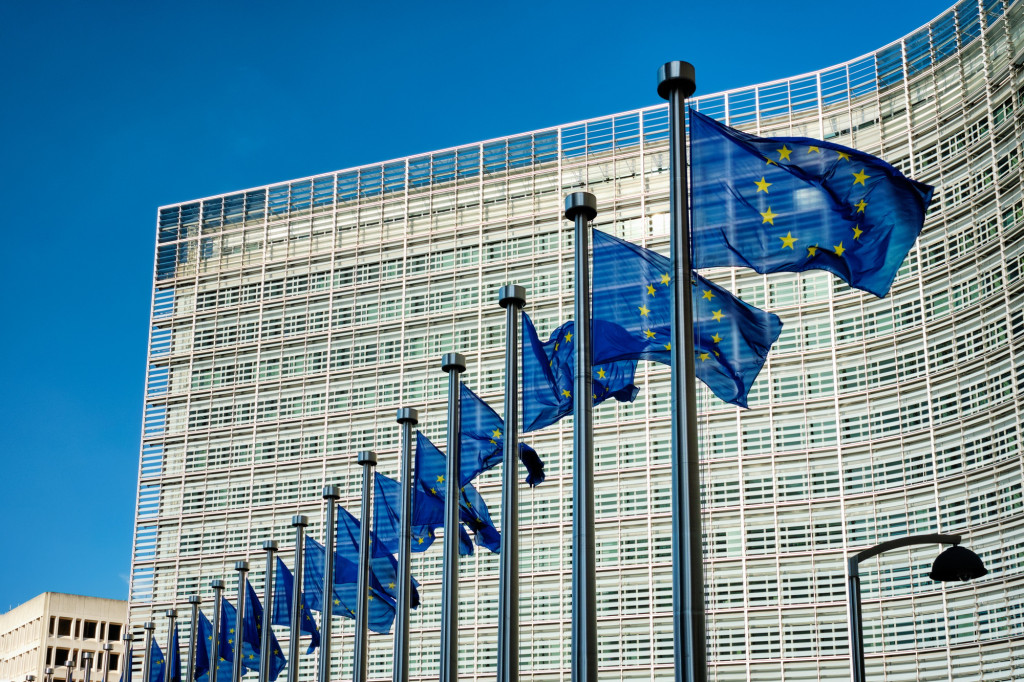EU Ombudswoman investigates transparency in AI standards process
As a first step in the inquiry, the Ombudswoman has asked the Commission to reply to a series of questions concerning matters such as the composition of the group preparing the standards, the transparency rules applied by standardisation bodies, how the Commission is managing and monitoring the standardisation process, and how it will review its outcomes.

European Ombudswoman Teresa Anjinho has opened an inquiry into how the European Commission oversees the development of harmonised standards for artificial intelligence (AI). The move follows a complaint filed by a civil society organisation, which raised concerns about transparency and representation in the process.
The complaint argued that the private standardisation bodies tasked with drafting EU AI standards, the European Committee for Standardisation (CEN) and the European Committee for Electrotechnical Standardisation (CENELEC), are not required to publish the names of individuals involved or the minutes of their meetings. It also claimed that the Commission has not ensured a balanced mix of interests in these discussions.
As a first step, the Ombudswoman has asked the Commission to explain how it monitors the process, the rules on transparency applied to standardisation bodies, the composition of the groups involved, and how it intends to review the outcome of the work. She has also requested several documents related to the procedure.
Why does it matter?
Harmonised standards are a key tool in the EU system, as they allow companies to prove that their products and services comply with EU law. In May 2023, the Commission asked CEN and CENELEC to prepare such standards under the AI Act, with the aim of minimising risks to safety and fundamental rights from high-risk AI systems.
The inquiry will examine whether the Commission has done enough to guarantee that this process, which combines technical and rights-based considerations, is conducted in a transparent and inclusive way.


